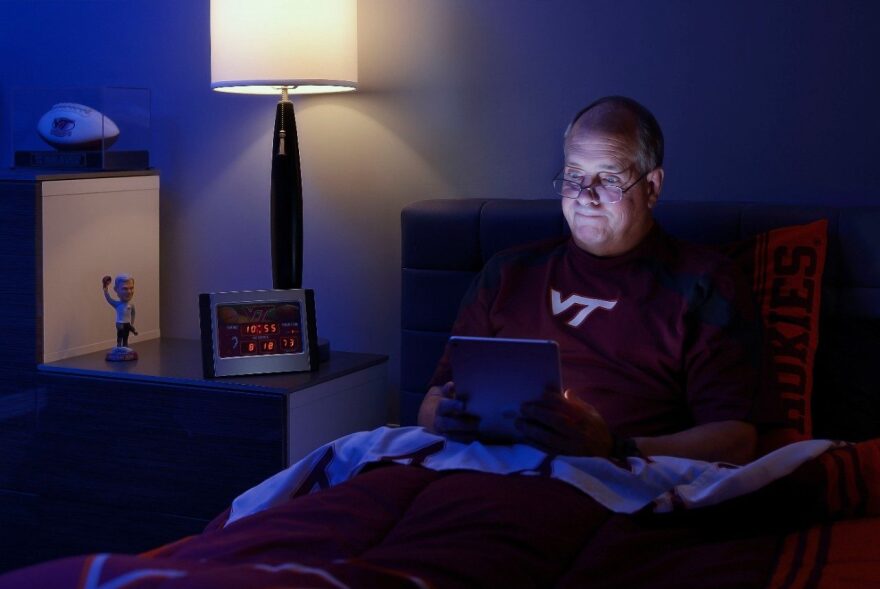Our electronic devices have made communicating quick and easy, but social scientists say, there’s a downside to our ‘always on’ work culture that’s hurting employees and their families.
It’s not the time spent actually handling after hours emails and texts that’s the problem. It’s the expectation that you could get one at any time during what people used to call their ‘off hours.’ More workers are always on alert, checking their phones more and more often, to see if the boss called.
“Some people in the study reported monitoring every few minutes.”
William Becker teaches business management in Virginia Tech’s Pamplin College of Business near Washington D.C. He co-authored a new study called, “Killing Me Softly." It looked at how the possibility a text or phone call could come any time affected not only employees but their families.
“When you’re always checking you just aren’t really present for your spouse and your family.”
Employees reported more anxiety and worse moods, but they also told researchers they didn’t think it was hurting their family relationships. “But, when you ask their spouse or significant other," Becker says, "that person was like ‘Oh yes, this is a big problem. So, I think even those people who think it’s not affecting them, they’re probably underestimating the effect it’s having on their relationship quality.”
And it’s not just emergency workers or 24-hour industries that are blurring the lines between ‘work hours' and ‘after hours.'
“One of the problems is, these organizations think they’re getting something for nothing with employees always being available. We’re hoping to show, over time, as people have lower health and well-being, they’re going to be absent more, they’re going to burn out. That will lead to turn-over and costs to the organization. So they’d be smart to actually deal with this problem more directly and more thoughtfully.”
Becker says, one solution could be that employers let their people know when they need to be available and when they don’t.
“Then they can still be connected they can still be productive, they can still be responsive, but they can still be present for big chunks of time in their real lives.”
The study is called, “Killing Me Softly; Electronic communications monitoring and employee and significant-other well-being.”
It was co-authored with Liuba Y. Belkin, of Lehigh University; Samantha A. Conroy, of Colorado State University; and Sarah Tuskey, a Virginia Tech Ph.D. student in executive business research. Tuskey is presenting the findings this week at the Academy of Management annual meeting in Chicago.
Radio IQ is a service of Virginia Tech.


